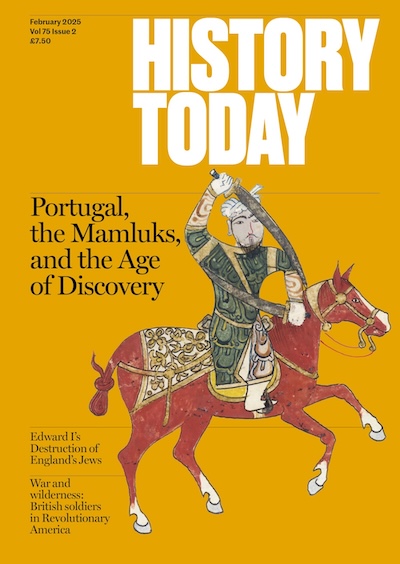The Political Philosophy of Machiavelli
Ernestro Landi assesses Machiavelli, his theories as well as the life of the historical character. Translated by Maurice Cranston.
Machiavelli has always had a bad name. To be “machiavellian” is to be totally unscrupulous in cunning. “Machiavel” is one of the stock villains of European drama, sometimes virtually synonymous with Satan. Old Nick is, indeed, Old Niccolo—Niccolo Machiavelli, born 1469, died 1527, Secretary of State and diplomatist under the Florentine Government, author among other things of the Discourses on Livy, a History of Florence, and that short notorious essay The Prince.
The Prince, still widely read, in fact the only one of Machiavelli’s books that has ever been widely read, is the basis of his evil reputation; yet of all his books it is the one that affords the least sure clue to the workings of his mind; there are as many theories about the true meaning of The Prince as there are scholars of the subject.
But one thing all the scholars are agreed about: however bad his influence may have been, the real Machiavelli is not the wicked figure of popular tradition. To recognize this, it is enough to read the books to which he himself attached the most importance, the Discourses and the History of Florence.





